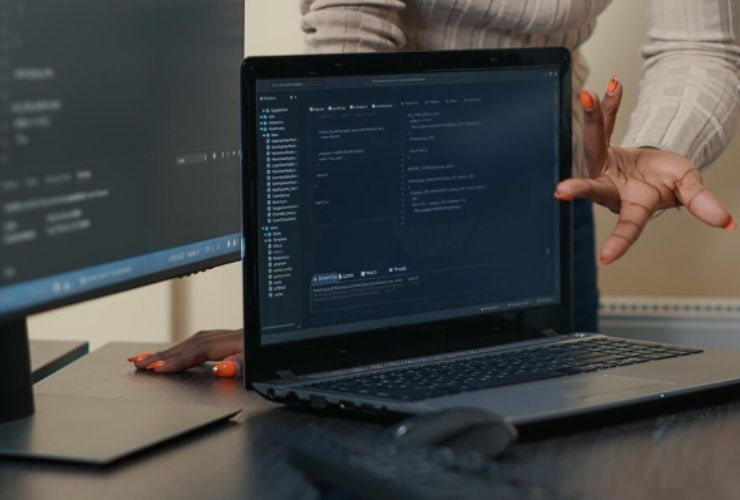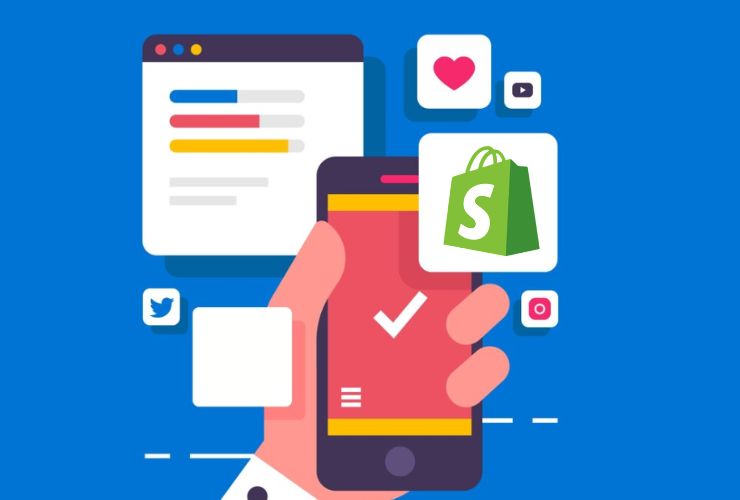With the mobile-first world of today’s digital universe, a good quality, intuitive Android app can prove to be an enormous differentiator for your business. If it’s the building of an MVP for a new startup or building an enterprise-scale app, your success depends upon the proper Android developer—the kind of developer with technical proficiency combined with deep understanding of your business goals.
Smart hiring is not a matter of looking at resumes and code samples. It’s a matter of getting someone who can believe in your vision, work with your team’s culture, and produce a secure, scalable, and interactive application.
Here’s a more in-depth, step-by-step guide to hiring the ideal Android developer for your application.
1. Define Your App Goals and Requirements
Take time to clearly define what your app is supposed to accomplish before reaching out to candidates. A well-defined project is easier to manage and attracts the appropriate kind of candidate.
Clarify:
- The purpose and core functionality of your app
- Your target users and their needs
- Most critical features to include in the MVP (Minimum Viable Product)
- Preferred technology stack (e.g., Kotlin for new development, Java for legacy systems)
- Backend requirements and third-party integrations
- Platforms to provide support on: Android only, or cross-platform?
- Your timelines, budgets, and delivery checkpoints
Specific here ensures that you’re getting someone to employ that’s not merely skilled, but also one you have common sense and direction to discuss everything in.
2. Select the best Hiring Model
Your hiring model determines how and when you work with and treat your developer(s). Three ways exist:
Freelancers – Suitable for one-off or brief projects. Freelancers are cheap and adaptable, especially if you don’t have much budget or just want to build an MVP. They can be more high-maintenance to work with, however, and might not be willing to do long-term support.
In-house Developers – When you are developing a product that needs continuous iteration and sustained maintenance, having a dedicated full-time developer or in-house team offers more consistency and control. This approach is optimal for startups and businesses with continuous development requirements.
Development Agencies – Agencies offer a turnkey solution with project managers, designers, developers, and QA testers. They’re ideal for businesses looking for turnkey solutions or businesses that don’t have in-house development resources.
All three models have trade-offs, so choose based on your project size, budget, and in-house capacity for management.
3. Prioritize the Right Technical Skills
An Android developer should have a solid understanding of the Android ecosystem, but leading developers understand more than surface-level skills.
Must-haves to look for:
- Solid knowledge of Kotlin and Java, the fundamental Android programming languages
- Knowledge of Android Studio, Jetpack libraries, Firebase, and Room database
- Solid understanding of UI/UX principles and Material Design for Android
- Knowledge of API integration, background services, and push notifications
- Understanding of Android architecture patterns such as MVVM or Clean Architecture
- Version control system experience such as Git
- Unit testing and code review expertise to guarantee performance and readability
A technically capable developer will produce tidy, scalable code and develop your app for usability and performance.
4. Check Portfolios and Real-World Projects
A candidate’s portfolio is a telling glimpse of his or her experience and creativity. Don’t take his word for it—check out the apps he’s built.
Things to watch out for:
- Are the apps publically accessible in the Google Play Store?
- What is the user rating and the number of downloads?
- Do the apps exhibit clean navigation and responsiveness?
- Have they built apps of comparable complexity or in your line of business?
You’ll learn a lot by simply using their past apps and observing the user experience firsthand.
5. Test with Real-World Assessments
Interviews are useful, but skills are best assessed through practical evaluation. Design coding exercises that simulate your app’s functionalities or problems to observe how candidates approach actual work.
Recommendations:
- Provide a take-home project with a specific deadline
- Organize a live coding session via screen share to test how they think and debug in real time
- Question high-level issues of scalability, offline operations, and app lifecycle management
- This stage helps you differentiate between confident developers and talkers rather than walkers.
6. Confirm With References and Reviews
Most hiring blunders can be prevented by simply interviewing previous employers or clients. References offer valuable insights into the dependability, work ethics, and team work abilities of the developer.
Ask them about:
- Their working relationship with the developer
- Validity of estimates and delivery timelines
- How the developer handled changes and feedback
- Post-launch bug fixing and maintenance
If hiring via a freelance site, pay attention to client ratings, reviews, and repeat business.
7. Clean Communication and Workflow
The success of your app is not only about code quality but also how easy it is for your team to communicate. Get your go-to tools and processes established early.
Most frequently used tools:
- Project management: Jira, Trello, or Asana
- Daily communication: Slack, Microsoft Teams, or Google Chat
- Meeting: Zoom or Google Meet
- Version control and code sharing: GitHub or Bitbucket
Schedule meetings, updates, and sprint cycles in order to carry the momentum on the project.
8. Define Clear Terms: Budget, Timeline, and IP Rights
Protect your investment by writing an agreement that takes into account all the important facts of your working agreement.
Include:
- Scope of work with clearly defined deliverables
- Project timeline and milestone-based payments
- Payment terms (hourly rate vs. fixed-price)
- Source code and intellectual property ownership
- Non-disclosure agreements (NDAs) as needed
Detailed documentation allows for mutual trust and avoids future legal or financial conflicts.
9. Maintenance and Long-Term Support Planning
Releasing your app is just the beginning. Popular apps must be regularly updated to fix bugs, roll out new features, and adapt to change in user requirements or Android OS releases.
Ask candidates if they offer:
- Regular support packages
- Monthly maintenance or retainer packages
- Fast response to post-launch issues
- Support for scaling up your app as user traffic increases
- Future-proofing your app begins with hiring someone who is committed to its long-term success.
Final Thoughts
It’s not a one-size-fits-all recruitment. It needs planning, research, and thinking it through. The right developer won’t just write clean code—they’ll help you create the future of your product.
Be strategic about it:
- Know your requirements
- Screen candidates thoroughly
- Establish expectations early
- Consider the long-term
When you hire smart, you’re not only building an app—you’re building a digital experience that your users will love and your business can grow on.
Contact Us Today













 Database Development
Database Development












































